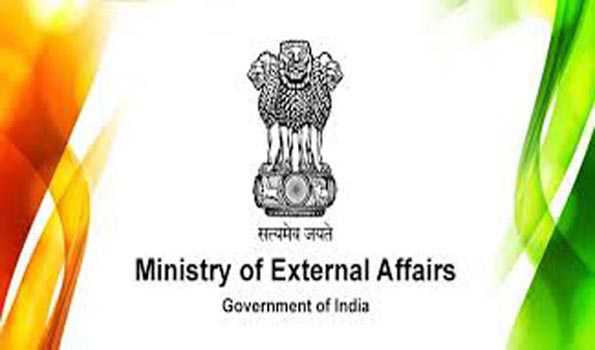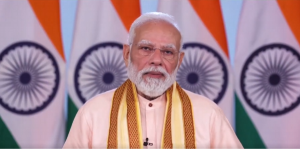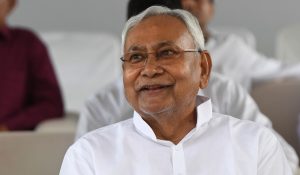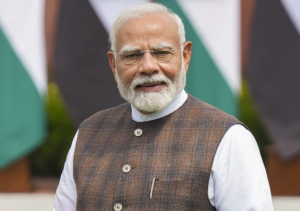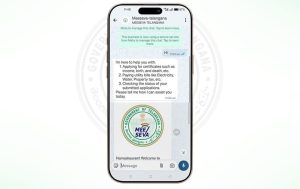The government is working on a full transition of e-passports by 2035, under the upgraded Passport Seva Programme 2.0. Under this, all newly issued passports will immediately become e-passports, while existing non-electronic passports will remain valid until their expiry. Secretary of Consular and Diaspora in the Ministry of External Affairs, Arun Kumar Chatterjee, highlighted that e-passports are equipped with cutting-edge security features, including interlocking microletters, relief tints, and embedded Radio-Frequency IDentification (RFID) chips storing encrypted biometric data.
These e-passports feature embedded RFID chips with antennas, storing encrypted biometric data such as fingerprints, facial photographs, and iris scans. Mr Chatterjee said e-passports have features of contactless data-reading capability, which enables faster and more reliable identity verification at immigration counters. He added that these features also reduce the chances of fraud, tampering, and damage. He added that the Ministry has issued around 80 lakh e-passports domestically and over 60 thousand through Indian missions abroad, so far.











